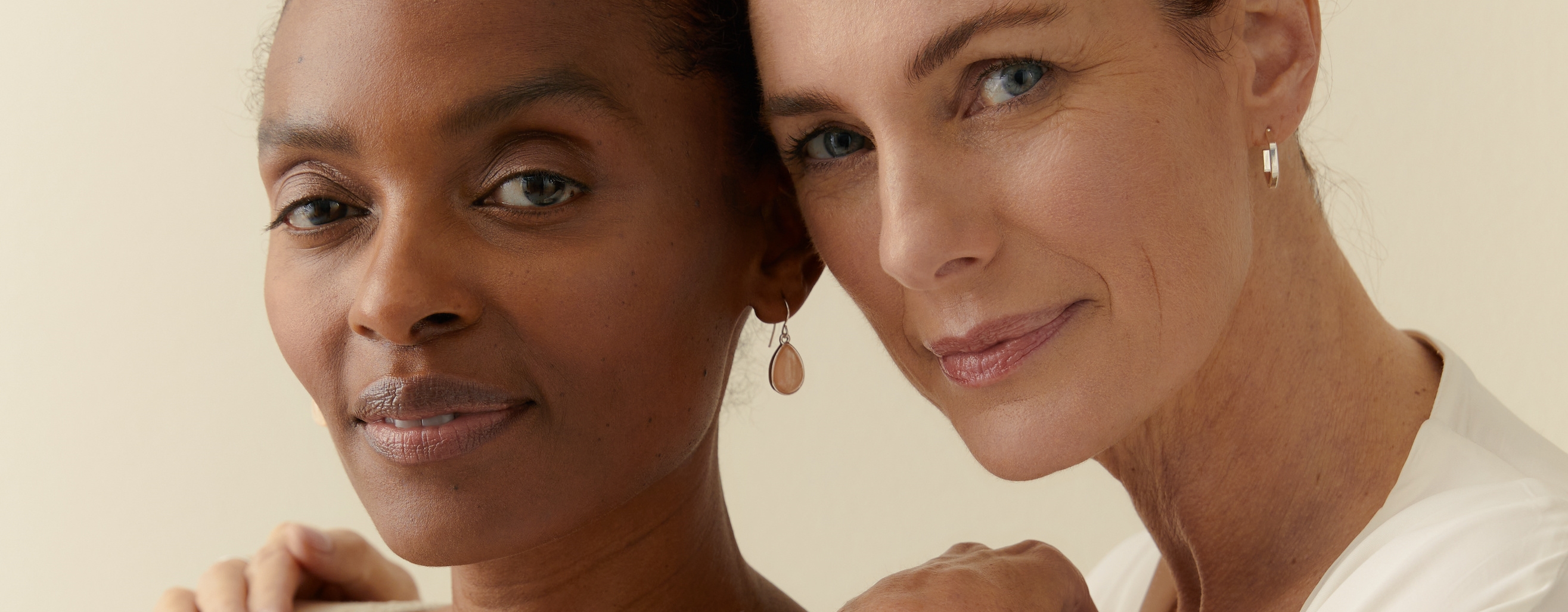
Mature Skin: How to Care for Aging Skin
As skin ages it loses elasticity and can be prone to dryness. Learn how to support nourished, younger-looking skin in this skin care guide for mature skin.
Caring for Mature Skin
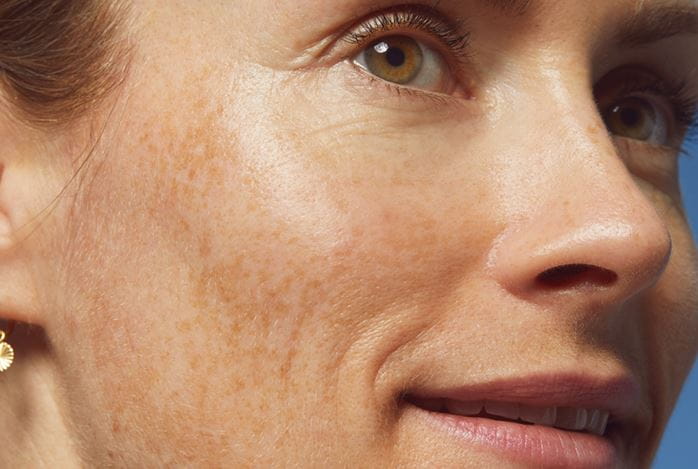
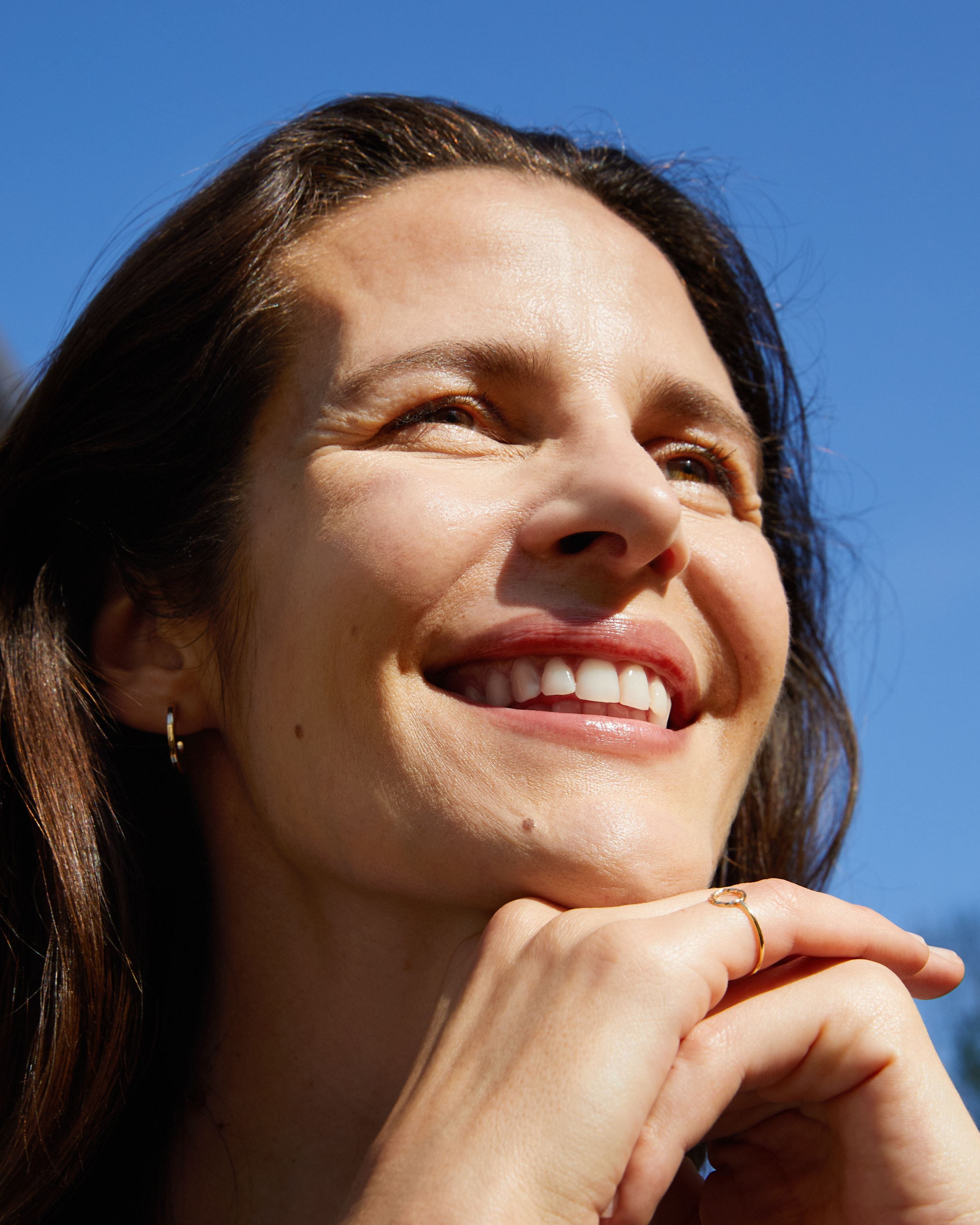
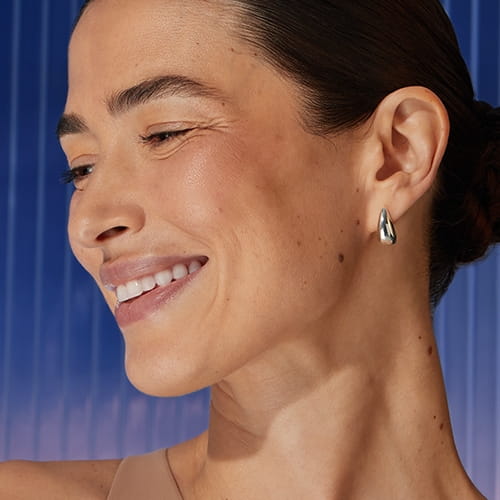

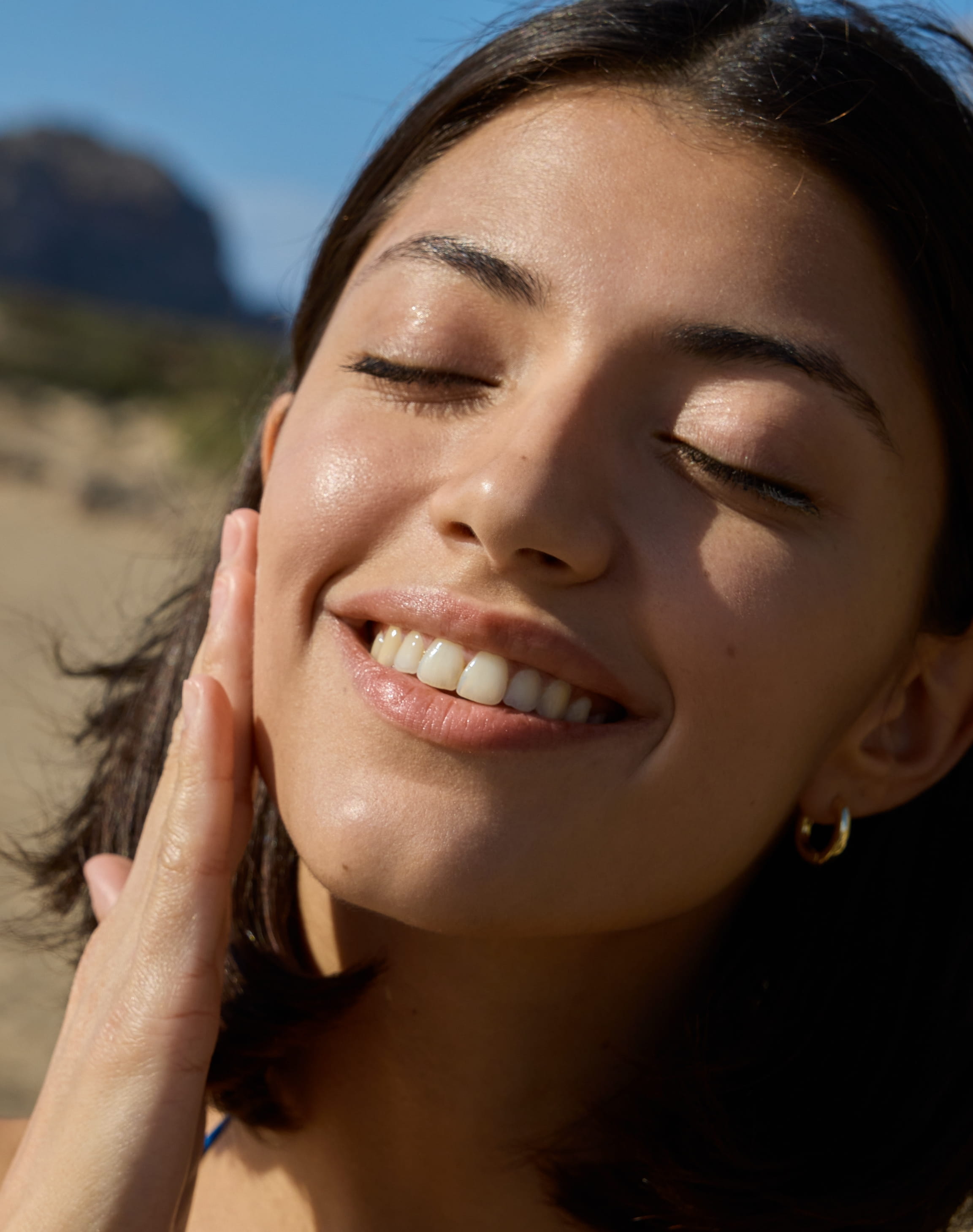
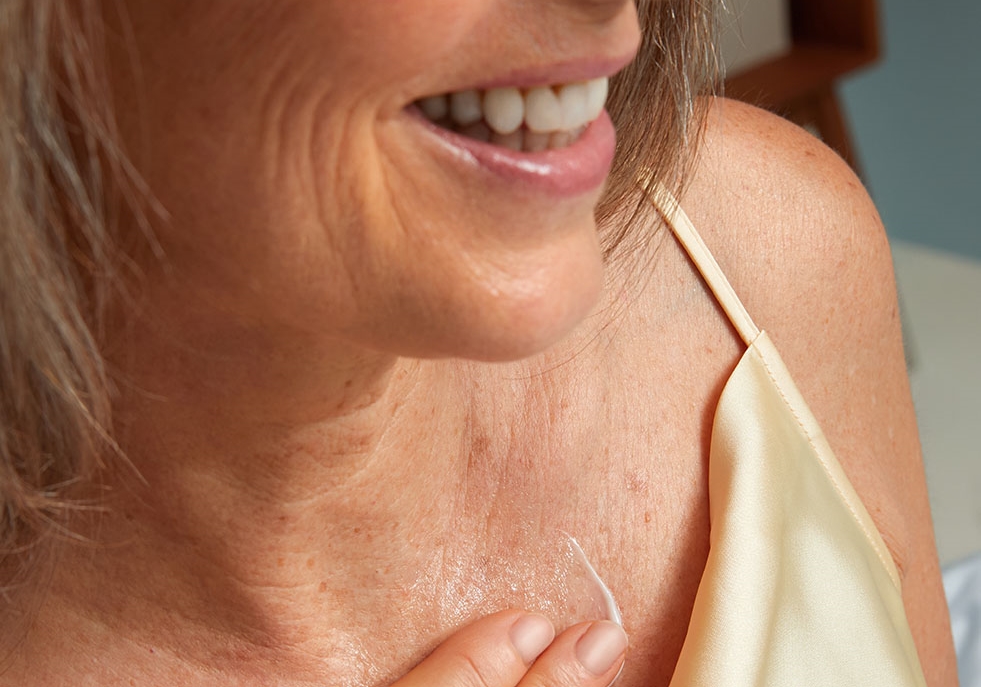

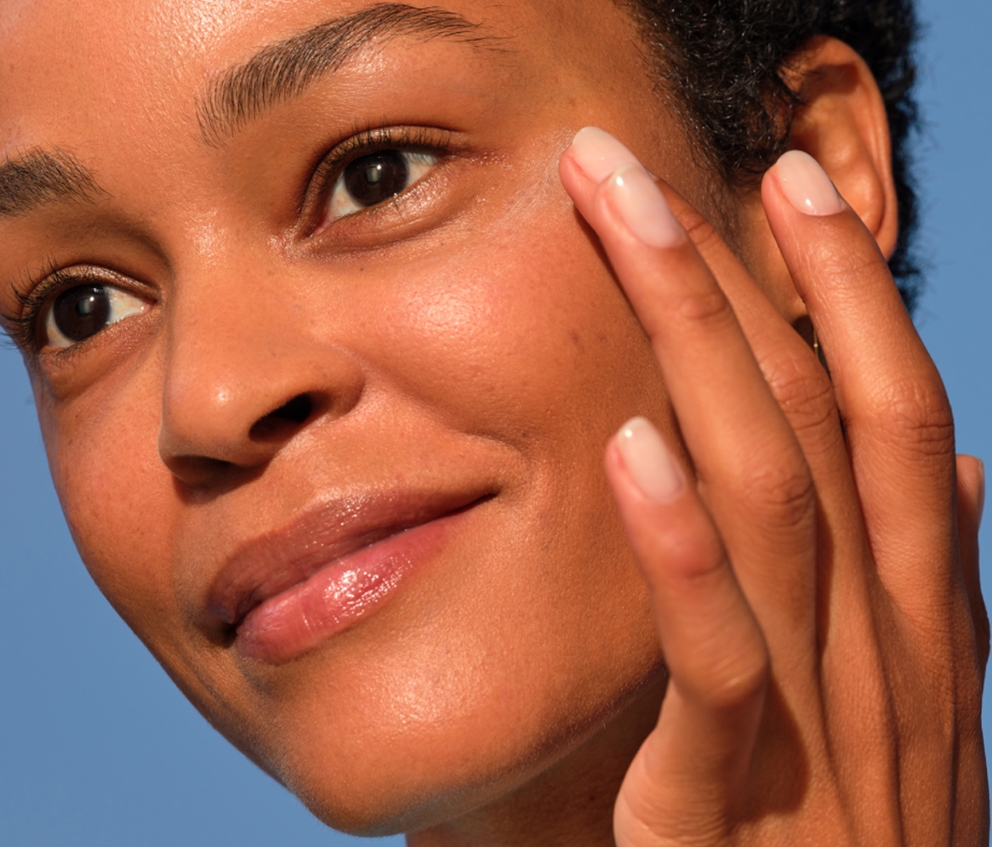
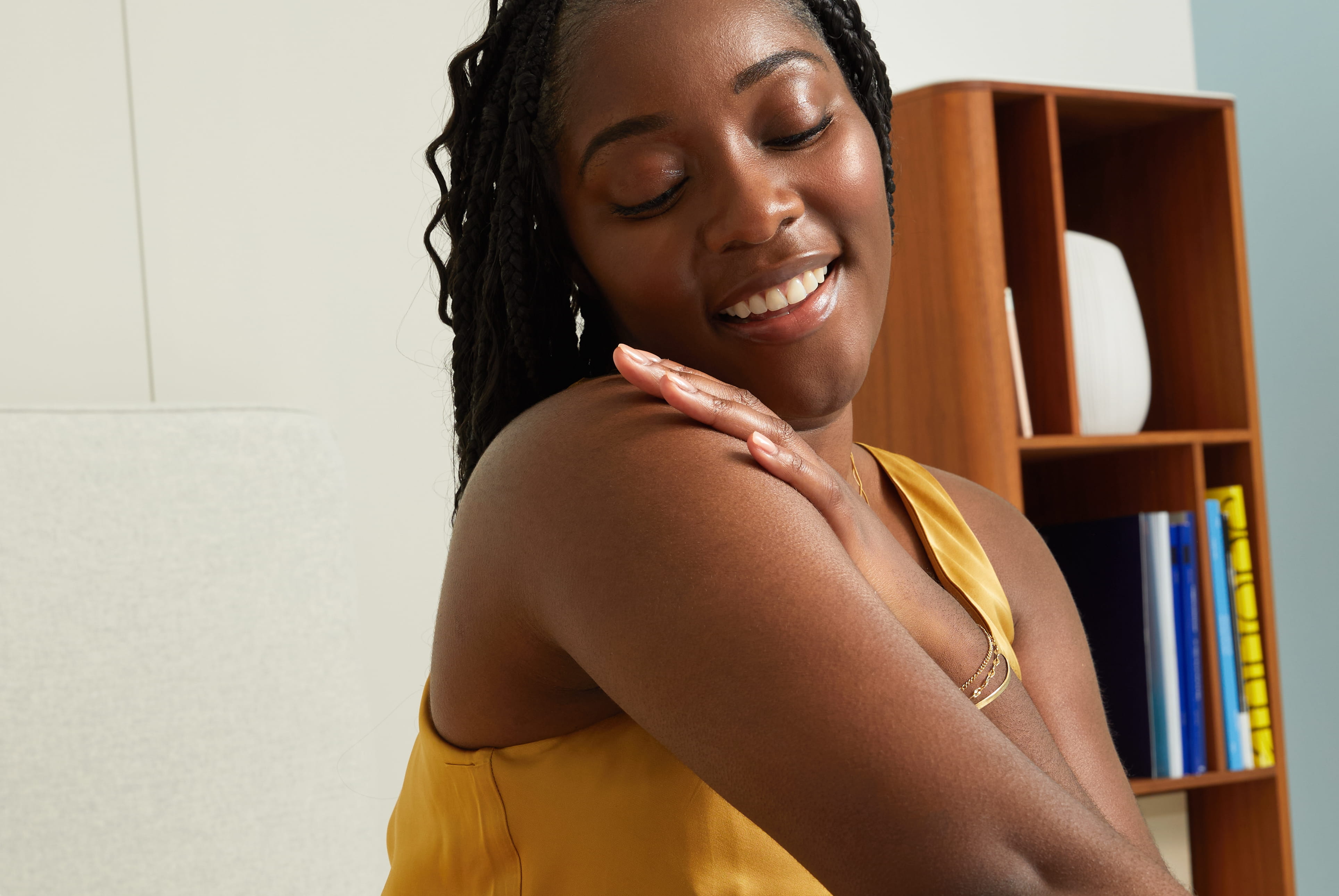

As skin ages it loses elasticity and can be prone to dryness. Learn how to support nourished, younger-looking skin in this skin care guide for mature skin.








